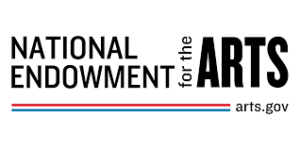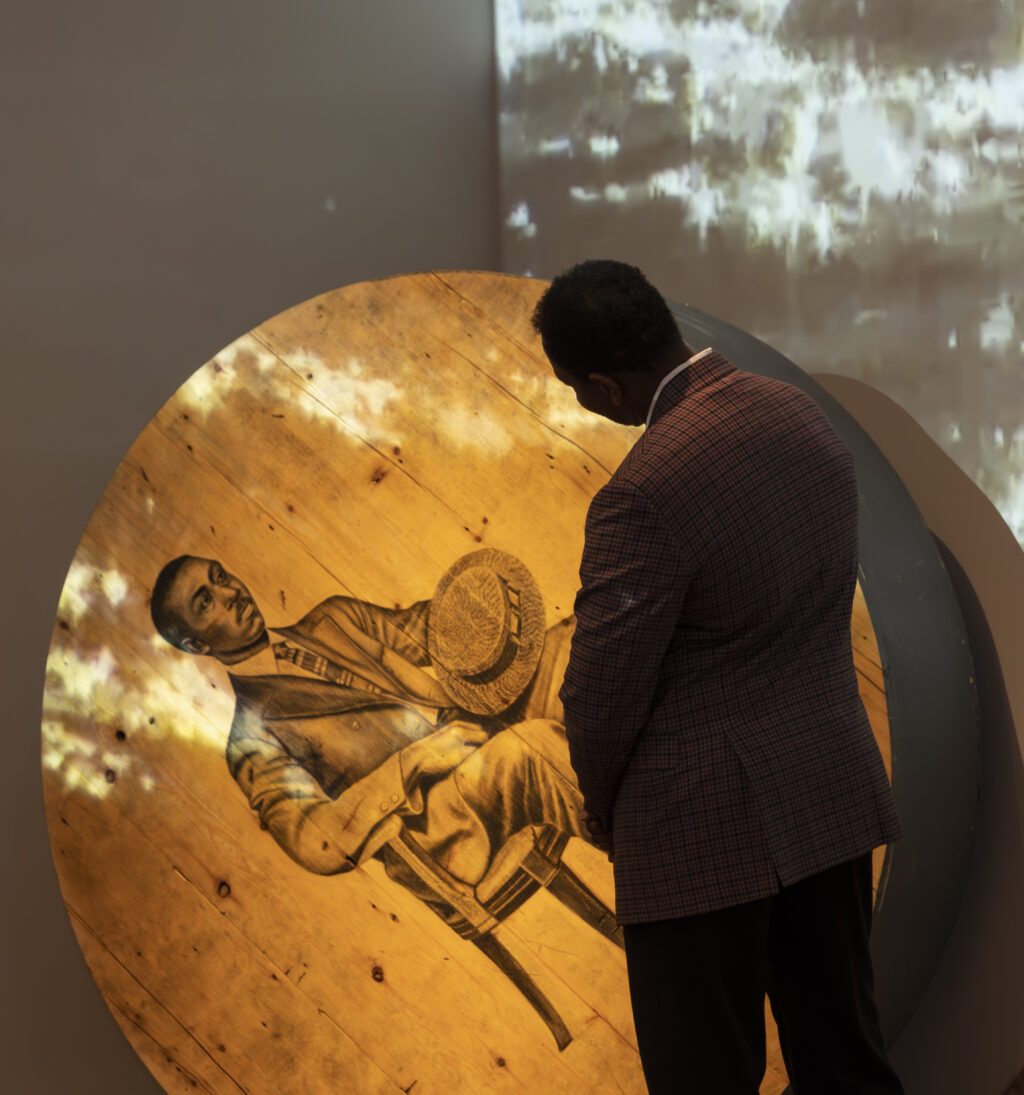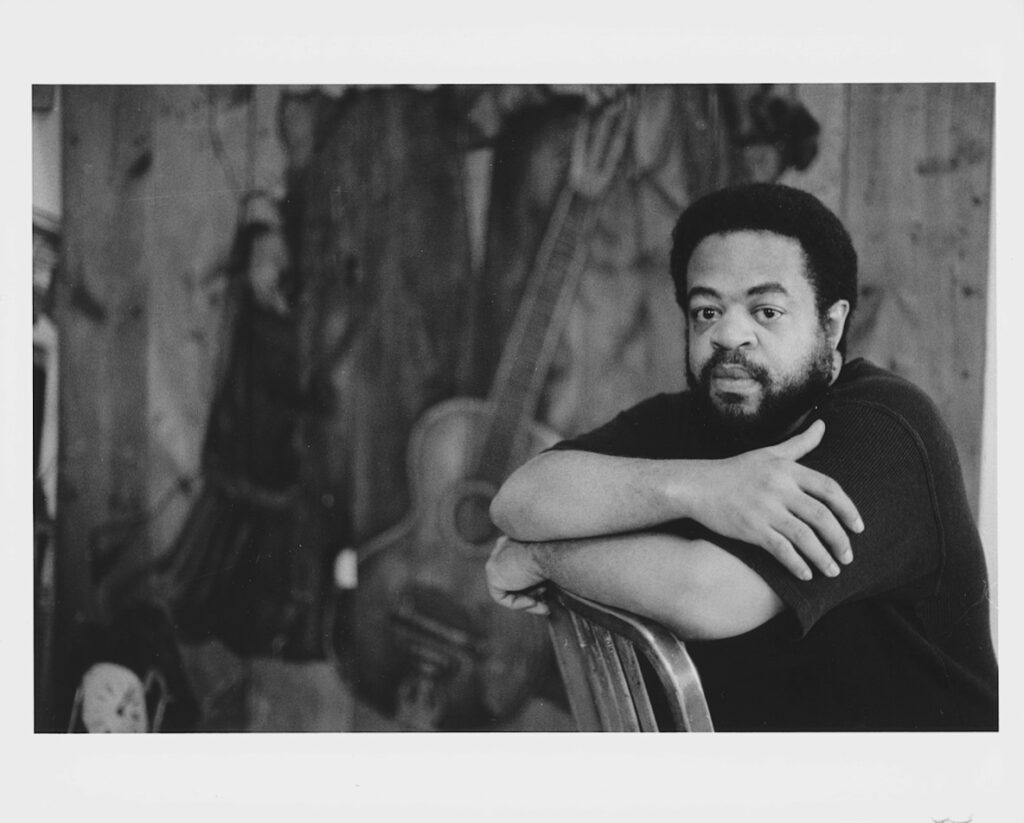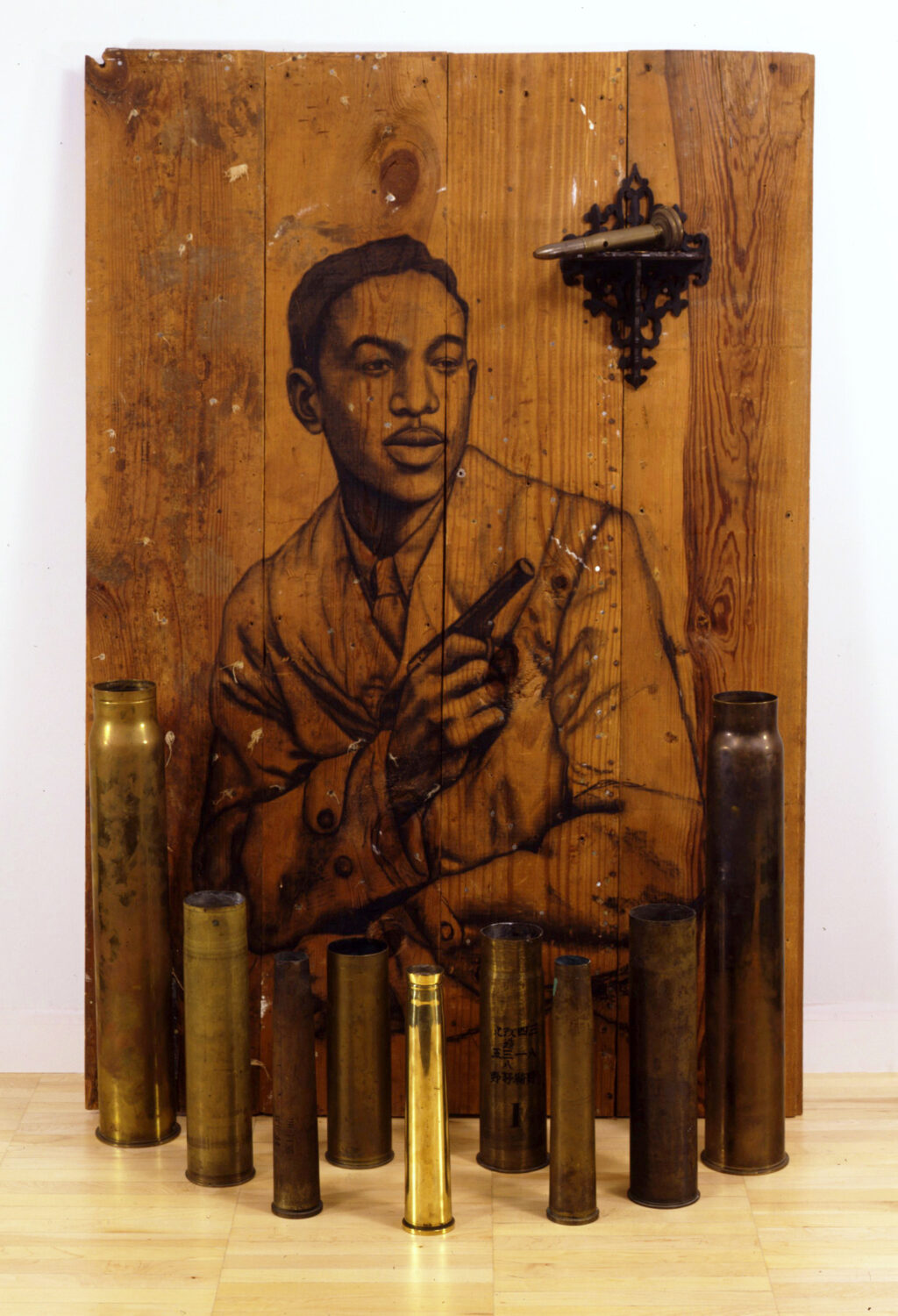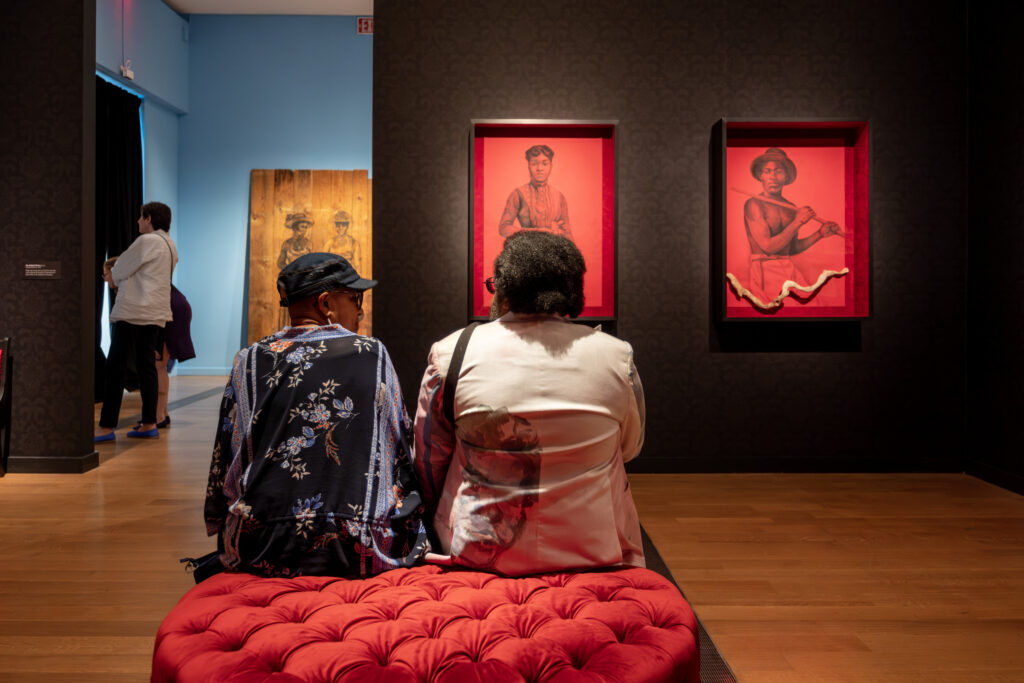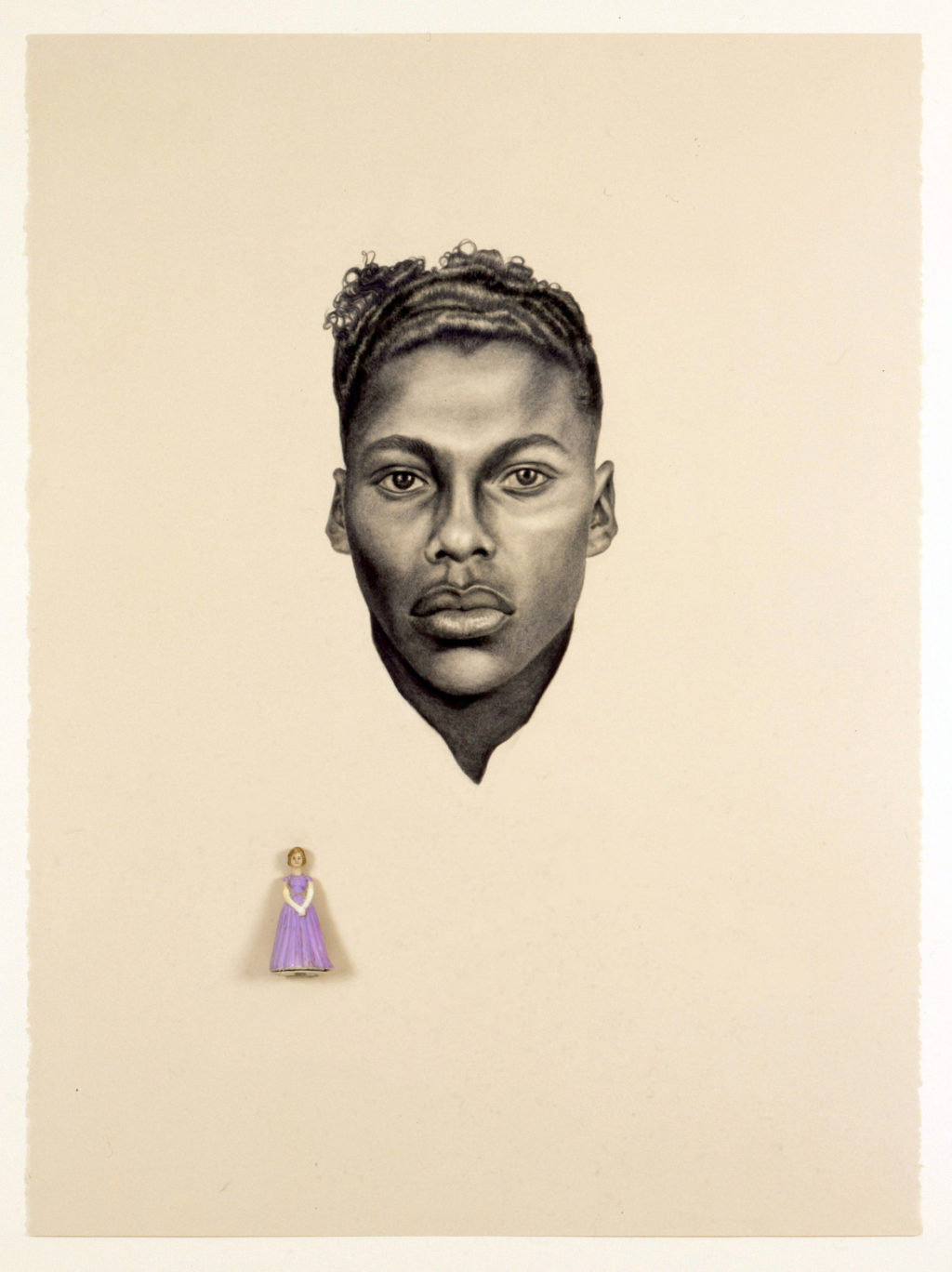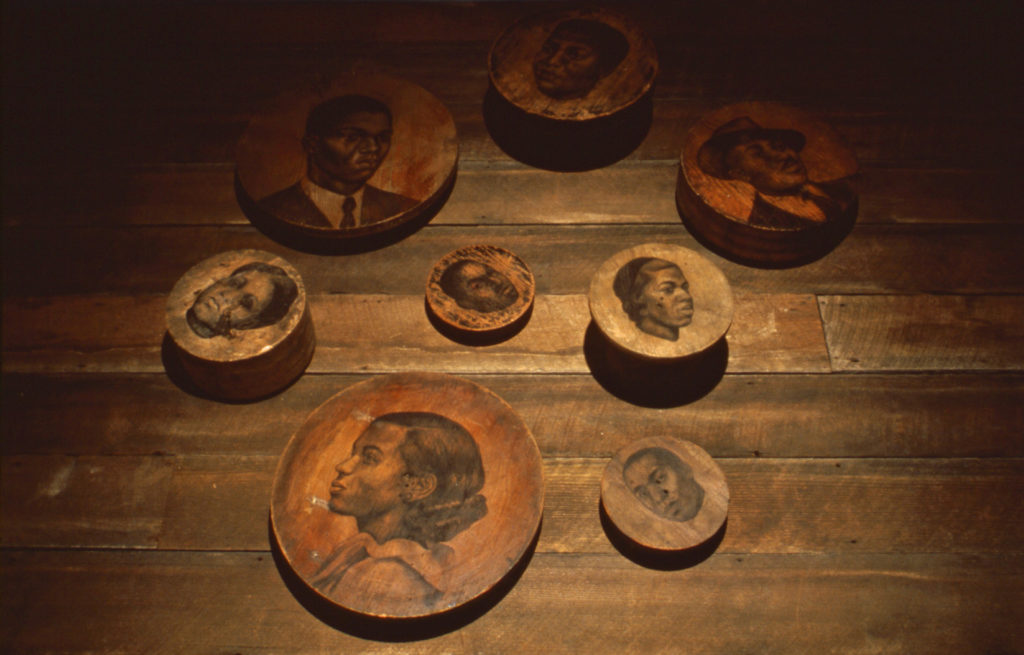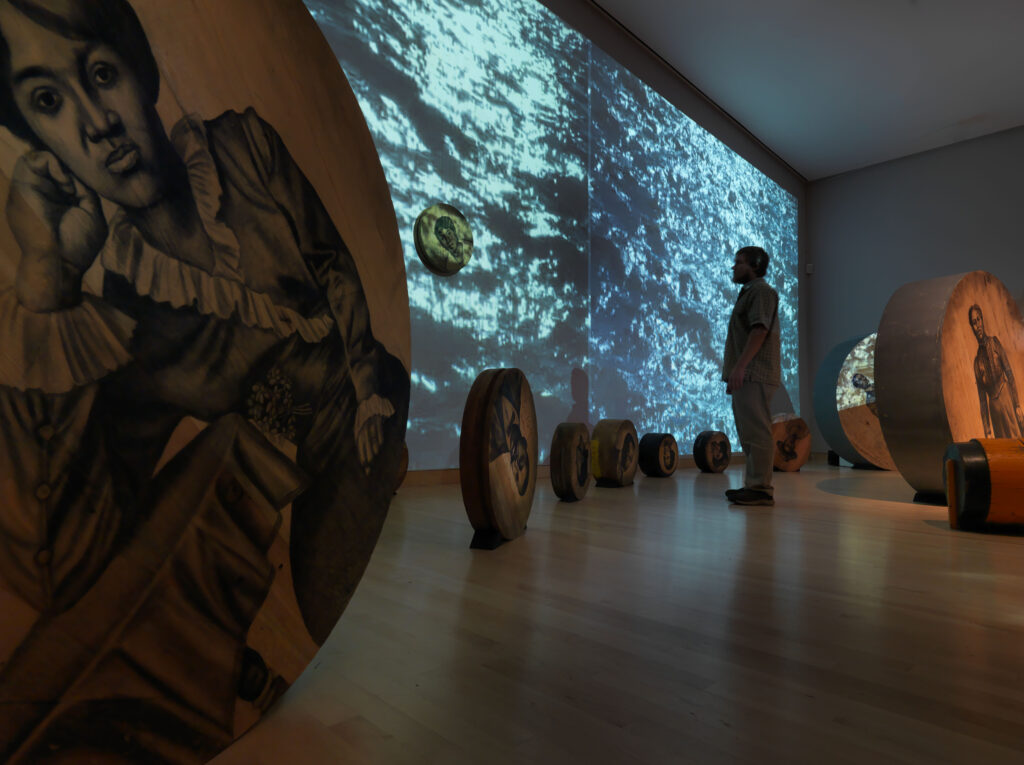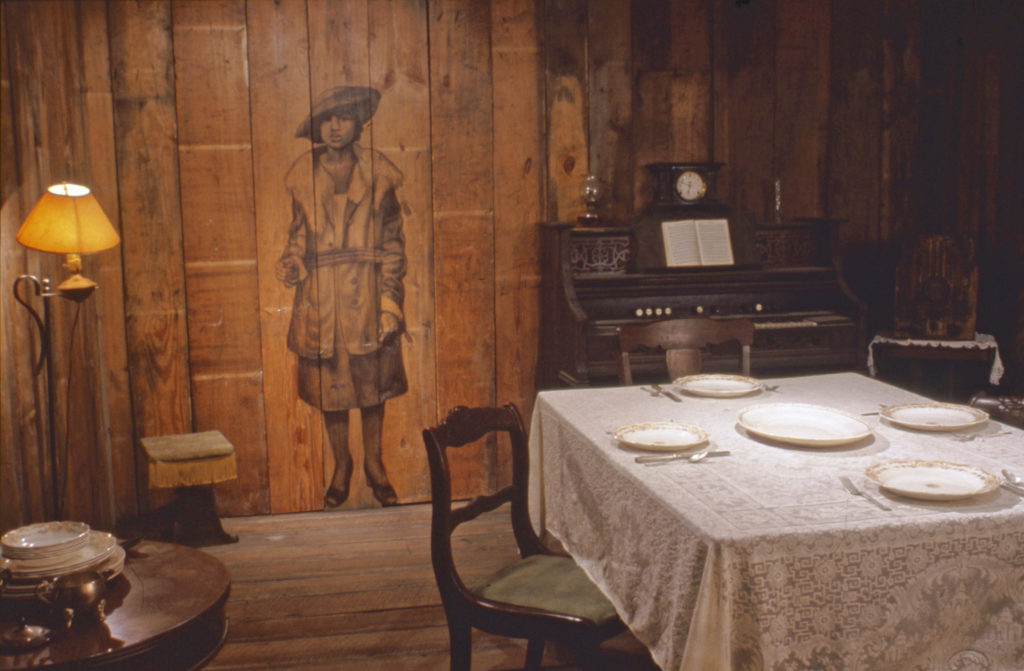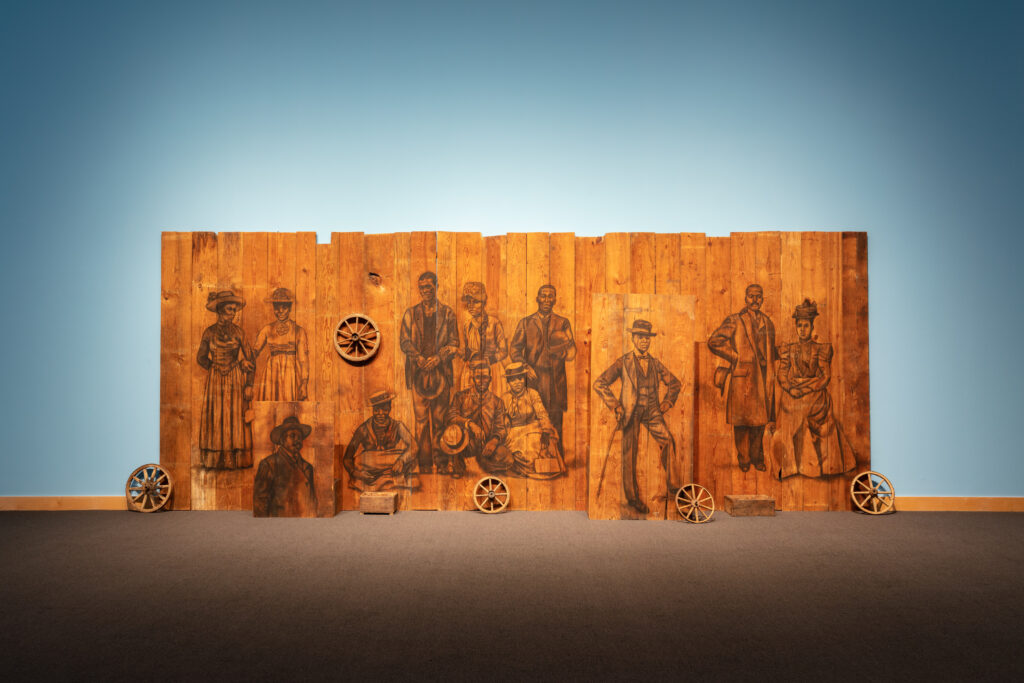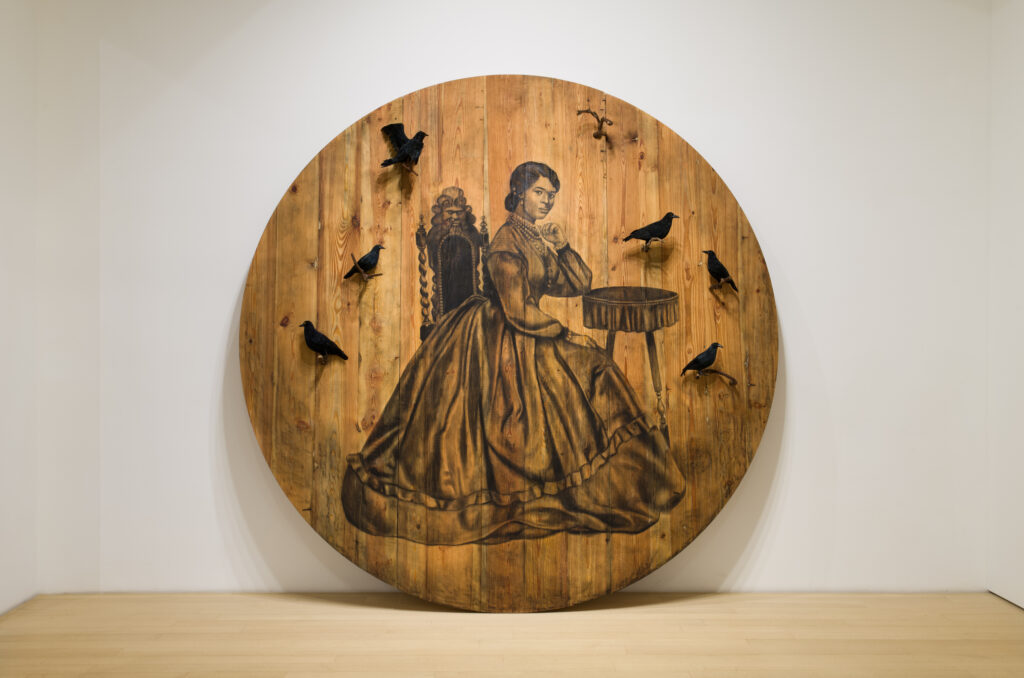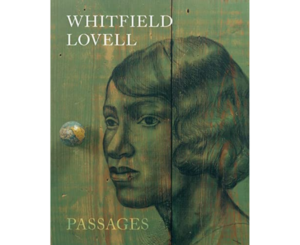Whitfield Lovell: Passages is the most comprehensive exhibition to date of the contemporary artist’s masterful conté crayon drawings, assemblages and multi-sensory installations that focus on aspects of African American history while raising universal questions about identity, memory and America’s collective heritage. Lovell, a 2007 MacArthur Fellowship recipient and conceptual artist, creates exquisite drawings inspired by photographs of unidentified African Americans taken between the Emancipation Proclamation and the Civil Rights Movement. He pairs his drawings done on paper, or on salvaged wooden boards with found objects and incorporates the resulting assemblages into his installations, or presents them as enigmatic stand-alone tableaux that are rich with symbolism and ambiguity. The exhibition will bring together, for the first time, two of Lovell’s major installations, Deep River (2013) and Visitation: The Richmond Project (2001), with a selection of freestanding tableaux and works on paper from his acclaimed Kin series (2008–2011) and a new series of works titled, Card Pieces (2019-2020).
The exhibition opens with Lovell’s immersive, multi-sensory installation Deep River (2013) that documents the perilous journey freedom seekers took by crossing the Tennessee River to “Camp Contraband” in Chattanooga during the Civil War. Three floor-to-ceiling video projections depicting footage of the river accompanied by the sounds of lapping water surround the viewer in the gallery. A soil mound, covered with vintage objects—utensils, pans, lamps, ropes, boots, a Bible, and weapons—is surrounded by fifty-six circular wooden foundry molds, each one bearing a hand-drawn depiction of a nameless African American individual. Deep River is grounded in the African American struggle for freedom during the Civil War and addresses accompanying themes of abandonment, death, life, and hope. However, by portraying the locale in a non-specific way and depicting people from different time periods and socio-economic milieus, Lovell also invites viewers to contemplate the larger human quest for equality and the pursuit of a better life that crosses time and geography.
The second section of the exhibition is devoted to stand alone tableaux as well as assemblages from the Kin (2008-2011) series. The concept of “passage” moves between the concrete and the metaphorical as the tableaux sometimes juxtapose graceful drawings based on studio photography with objects of American material culture that express the harsh realities of the nation’s history of racial violence, including slavery and Jim Crow laws. About twelve works on paper from Lovell’s Kin series, in which Lovell pairs his drawings with visually uplifting objects such American flags, enamel brooches, or silk flowers balance out the tableaux. A complete set of Lovell’s new Card Pieces will add further nuance to the section, as the grouping of fifty-four drawings, each carefully matched with a vintage playing card, explores ideas surrounding chance and destiny, and touches upon the lively tradition of card games as a social activity in the African American community.
The exhibition concludes with a second major installation: Visitation: The Richmond Project (2001). Through tableaux and a domestic interior, the artwork focuses on the successes of the first major entrepreneurial African American community that had settled in Jackson Ward, Richmond, Virginia by the1860s. Lovell views the installation, in part, as a recognition of one of its most venerable citizens, Maggie L. Walker, the founder of the Saint Luke Penny Savings Bank and the first African American woman to charter and serve as president of an American bank. Visitation includes three significant tableaux. One titled, Our Best, depicts a dozen figures drawn in conté crayon, whose likenesses Lovell sourced from old church-picnic photographs. Battleground, connects Richmond to its Civil War history, acknowledging the 153,000 Black soldiers in the Union Army. Nearby, the tableau Restoreth reveals an old woman coupled with thirty-three small medicine bottles to denote healing, and bridges, in Lovell’s words, “the abyss between slavery and Jackson Ward’s heyday.”
Whitfield Lovell: Passages promises to be a relevant and visually compelling exhibition. Through the novel combination of installations, independent tableaux, and examples from Lovell’s works on paper, the visitor can become a witness to the history and cultural memory of the African American experience, and is invited to consider the physical passage of time, its effect on memory, and the reception of our collective history.
ITINERARY



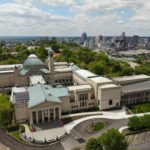
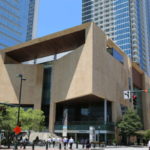

PRESS
CURATOR
Michèle Wije, PhD is the Curatorial Project Manager at Yale University Art Gallery. She began her career at the Metropolitan Museum of Art and has organized several exhibitions including Sparkling Amazons: Abstract Expressionist Women of the 9th St. Show (2019) and Bisa Butler: Portraits (2020) for the Katonah Museum of Art, Katonah, NY.
CREDIT
Whitfield Lovell: Passages is organized by the American Federation of Arts in collaboration with Whitfield Lovell. Major support for the national tour and exhibition catalogue are provided by National Endowment for the Arts and the Terra Foundation for American Art.
